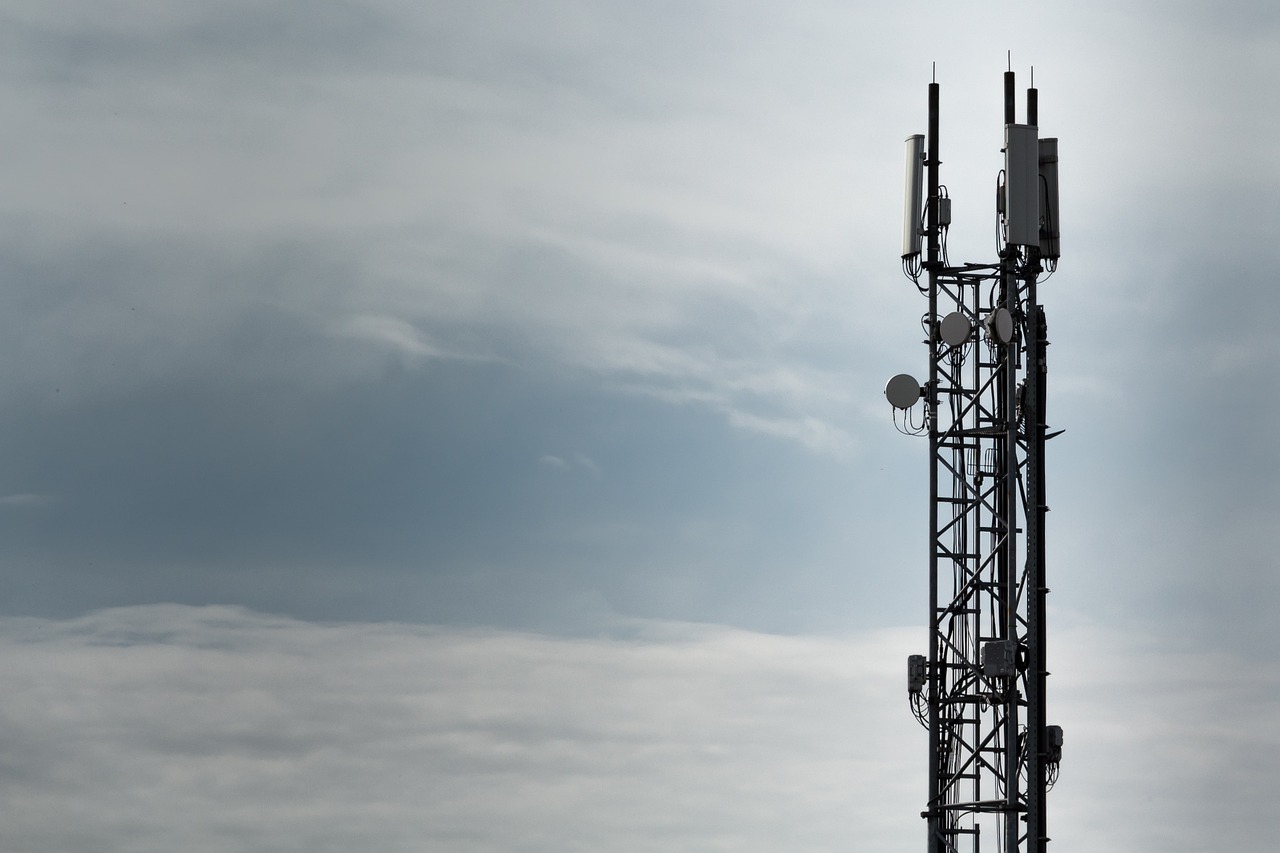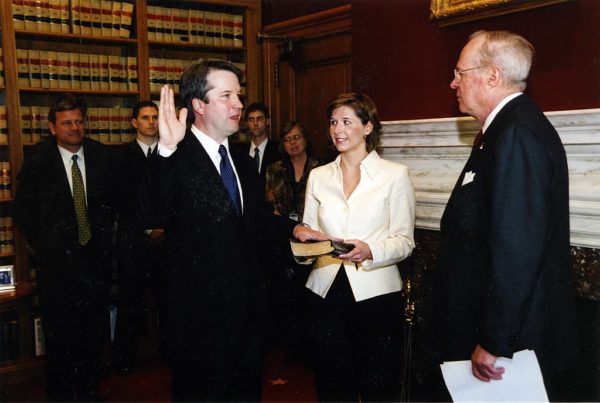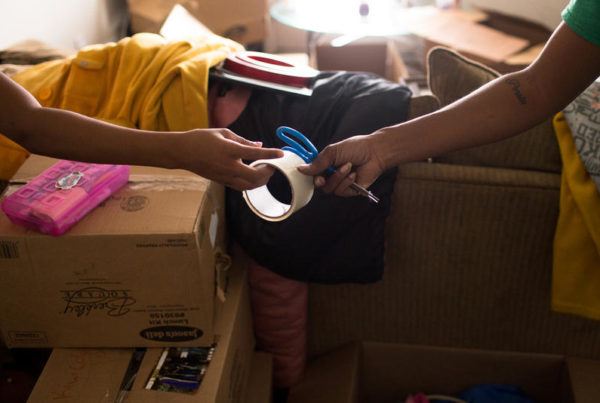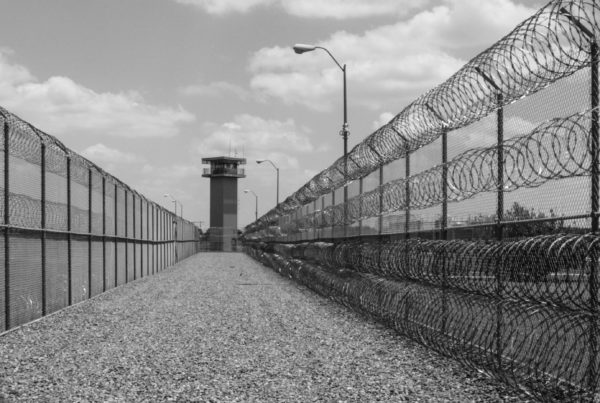The next frontier in telecommunications is 5G, or fifth-generation broadband networking. It’s expected to make the internet faster for consumers and could give struggling firms like T-Mobile and Sprint a way to compete with cable companies and larger wireless carriers.
Technology expert Omar Gallaga says there’s a pretty big conflict between wireless companies and cities, because carriers need access to public property like traffic-light poles, in order to install 5G antennas. Gallaga says 5G would be 100 times faster than the 4G LTE most smartphone owners currently use to connect to the internet.
“It’s going to be a while before we see devices that are actually going to be able to take advantage of it, probably another year or so before they become widespread,” Gallaga says. “The wireless companies, your AT&T, your T-Mobiles, Verizons, they’re all building out that infrastructure right now and testing it out, wanting to get as many of these small transmitters out there as possible.”
Some cities, including Austin, have been hesitant to approve build-outs for 5G networks, while others, like Dallas, are quickly forging ahead. Gallaga says cities have different processes for approve new 5G infrastructure. Now, the FCC, most of whose members support speedy 5G developments, has issued an order this week mandating that cities make quick decisions about whether to adopt or reject 5G build-outs.
“What the FCC has done is say ‘you know, we’re going to override all that,’” Gallaga says. “Cities cannot delay things beyond 90 days for new transmitters or 60 days for ones being built on existing structures. They’re trying to just basically move things ahead so that cities don’t add additional fees or take an undue amount of time to review this stuff.”
Gallaga says cities are reluctant to rush 5G deployments because they want tto take time to find appropriate public locations, and to ensure that wireless carriers will implement 5G all over the city – in poor areas and wealthier ones, alike. 5G requires more antennas, Gallaga says, when compared to their 4G predecessors. But each 5G device is no larger than a pizza box.
“They’re not huge devices, but there’s going to be a lot more of them,” Gallaga said. “Instead of dozens of them, we’re talking about hundreds.”
Written by Brooke Sjoberg.















